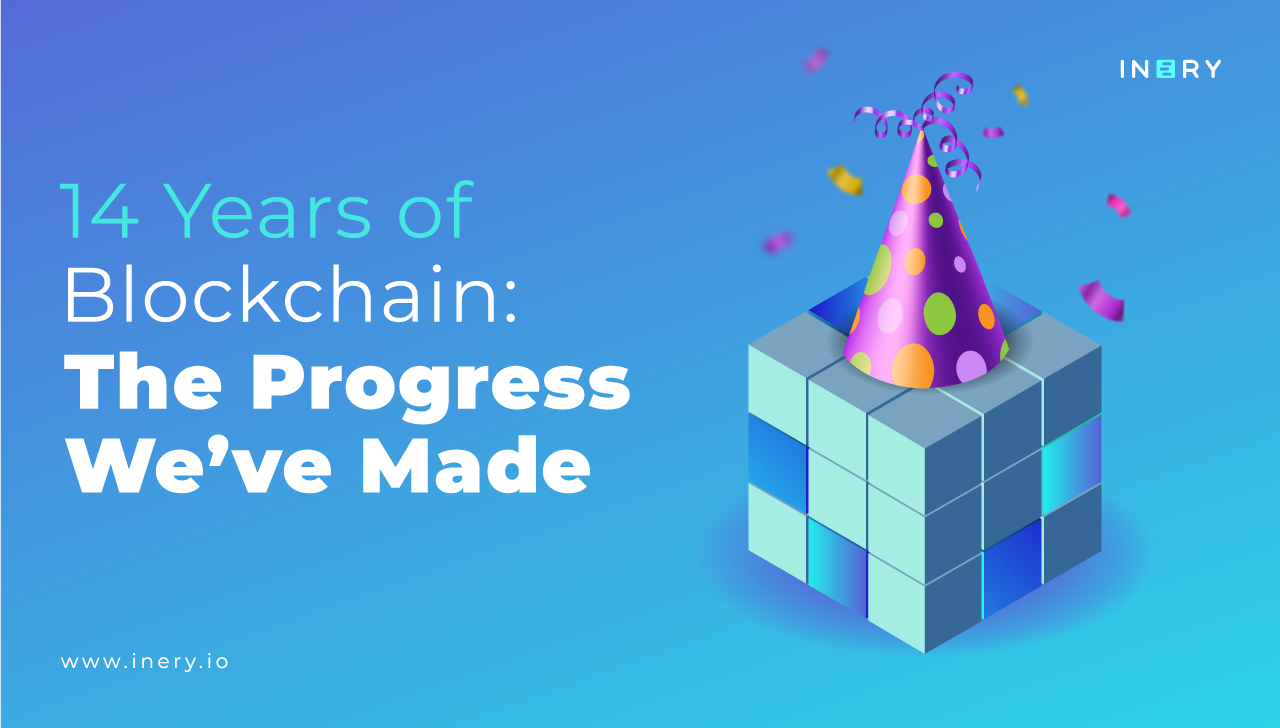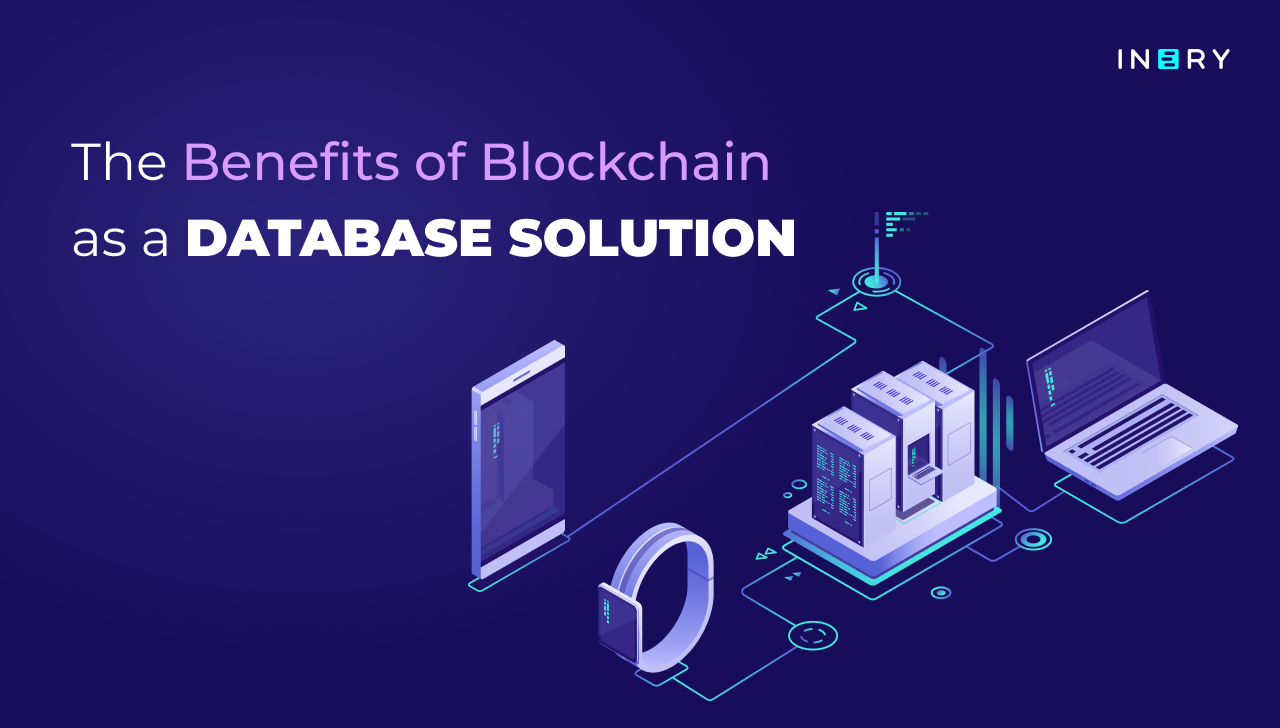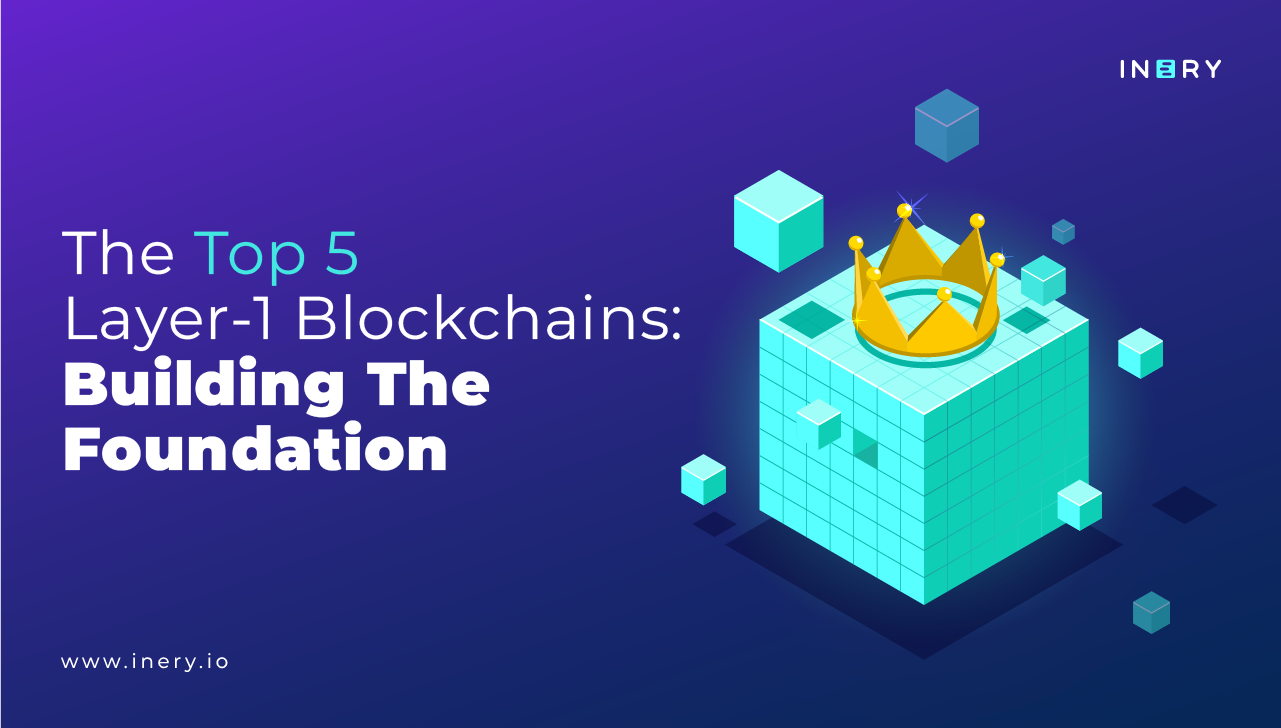Background
Dr. Naveen Singh is a Switzerland-based innovator and entrepreneur with more than 15 years of business experience. He started his career as an Olympic-style wrestler, representing both India’s and Switzerland’s national teams at the international level championships.
He later immersed himself in the medicine and IT fields. During his business career, he became involved in the technology and health tech spaces with companies like GEO Mobile Technology and Orthocure Sportsmen and Mediquai Zurich.
Dr. Naveen Singh founded Inery together with Ivan Vujic–who serves as the decentralized data management solution firm’s CTO, in early 2020 to solve the problems propelled by the existing centralized storage. Let’s
Why Work on Inery
Data is the most important resource in this technological era. But, if you take a hard look at how data is managed and used, and the rate at which big data is streaming in, you will realize that existing infrastructures don't have the capacity to handle it. Furthermore, organizations and businesses are becoming more data-driven than ever, making data the central point for decision-making. Sadly, only 1 out of 4 companies claim to have a well-defined data management structure, while only 25% of companies worldwide feel their corporate data management meets their business needs.
Mismanagement of data makes it work against the companies rather than for them and exposes them to threat actors. Giving companies and businesses a solution that will help them manage a data-driven economy is instrumental for scaling their data usage to realize growth and durable success. Dr. Naveen Singh began working on Inery, a decentralized data system, to provide businesses, governments, institutions, and all data-oriented verticals, with the right tool to take control of their data, without compromising performance and security.
Having worked in the IT sector for several years, Dr. Naveen Singh realized what was at stake with the immature database architectures that are plagued with data breaches, privacy issues, data manipulation, and high storage costs. Thus, working with Ivan Vujic and a technical team, he aims to cause a paradigm shift in data complemented with cybersecurity.
“Inery is curated to mitigate the costs of database management, with next-level data privacy features and superior GUI to enable a user-friendly experience while expanding on traditional data management solutions. Our solution solves existing pain points by ensuring data immutability and permissioned access to prevent competitors or third-party companies from accessing, modifying, or manipulating sensitive business information. I believe that database management should be simple enough for non-technical staff to handle without the aid of a tech-savvy staff.”
Personal Story Regarding the Value of Safe Data
Dr. Naveen Singh has been in the IT industry for a while now, as a founding member and C-level executive. He has also interacted with several database management systems over the years, forcing him to understand the dynamics of data and how it's stored, so its value stays latent and wasted. Most often, the conventional frameworks exposed data to risk due to the enclosed infrastructure or walled gardens, where the data was more prone to integrity and security compromises. The architecture of legacy storage deprived organizations of data sharing since they risked security breaches. This led to data silos, where data was only confined to a few departments and data became prone to data loss and incorrect or incomplete data during data transformation.
He has seen the impact overlooking the importance of implementing privacy protection has on organizations.
“Organizations failing to meet the compliance requirement part with tens of millions of dollars in terms of fines and nearly 20-year penalties. Occasionally, they lose business relationships because they don't follow their contracts' rules about privacy protection. In most cases, the problem stems from the centralized storage they utilize for their operations.”
Viewpoint on the Value of Decentralization
“The true value of data can only be realized when data is completely decentralized. This cannot be achieved with conventional databases, which have forced organizations to part with an average cost of $4.24 million – $4.35 million on data breaches between 2021-2022. Companies can avoid unnecessary expenditures on instances that can easily be solved with decentralization’s capability to encrypt data, spread it across multiple servers, and predefined permissions.”
He further believes that decentralization can help a company to meet its compliance requirement on user privacy to maintain and maximize brand value. It also gives the organization transparency and strengthens business-to-customer relationships by giving their users control over their data, especially the type of information that can be collected about them and how it will be used. Upholding the end of their bargain maintains the public, investor, and consumer trust, increasing the company's profits and attracting more customers.
More importantly, breaking data out of data silos is important for the growth and development of an organization. A decentralized database breaks the informational barrier to enable collaboration and sharing across departments and shareholders, reducing data inconsistencies to give C-level executives a holistic view of organizational data. Data analytics also become easy for quick data-driven decisions and to streamline business operations.
Ultimately, decentralization means that data security and privacy are top-notch. Thus, it improves and expands innovations in organizations, giving them a competitive advantage against businesses that do not prioritize data security and privacy.
Future of Web3
The future promises a rapid influx of user-generated content and massive data from online activities, as play-to-earn games, touted as the gateway to the metaverse and web3, continues gaining a lot of traction. However, the sector is still struggling with serious infrastructure issues like scalability, security, usability, sustainability, decentralization, interoperability, privacy, and censorship resistance.
“For Web3 to achieve all its goals, it needs to resolve all these issues. As such, the future of Web3 is dependent on the decentralization of data. Inery provides an essential building block for the realization of these goals–a decentralized data system. Inery integrates blockchain functionalities with distributed database management synergies to support high throughput, complex query search, owner-controlled assets, interoperability, and low network latency.”
Website | Twitter | Telegram | Telegram Ann | LinkedIn | Discord | Reddit | Instagram

Inery•
2 years ago
14 Years of Blockchain: The Progress We’ve Made
The blockchain has progressed a lot in the past 14 years. See the highlights—and a few predictions—here. ...READ MORE

Share

Inery•
2 years ago
How to Choose a Database Management System: 7 Considerations
Not sure how to choose a database management system? Find the best fit for your project with these essential factors in mind. ...READ MORE

Share

Inery•
2 years ago
The Benefits of Blockchain as a Database Solution
A DBMS based on the blockchain brings a lot of unique benefits to the table. Click here to learn more. ...READ MORE

Share

Inery•
2 years ago
The Top 5 Layer-1 Blockchains: Building the Foundation
These top layer-1 blockchain projects are setting the standard for cryptos and decentralized technology. ...READ MORE

Share
Most popular today



-1713426795.png)